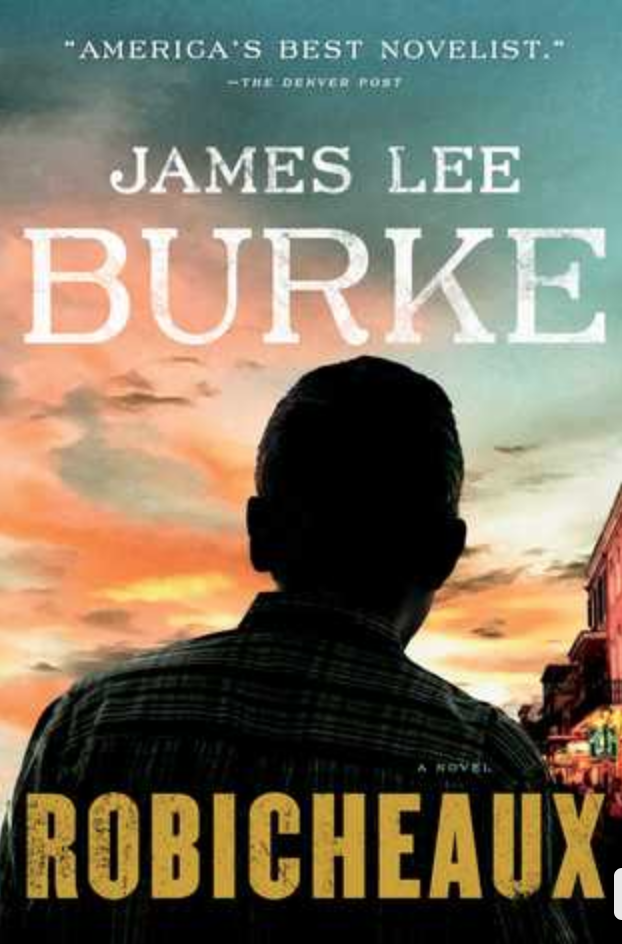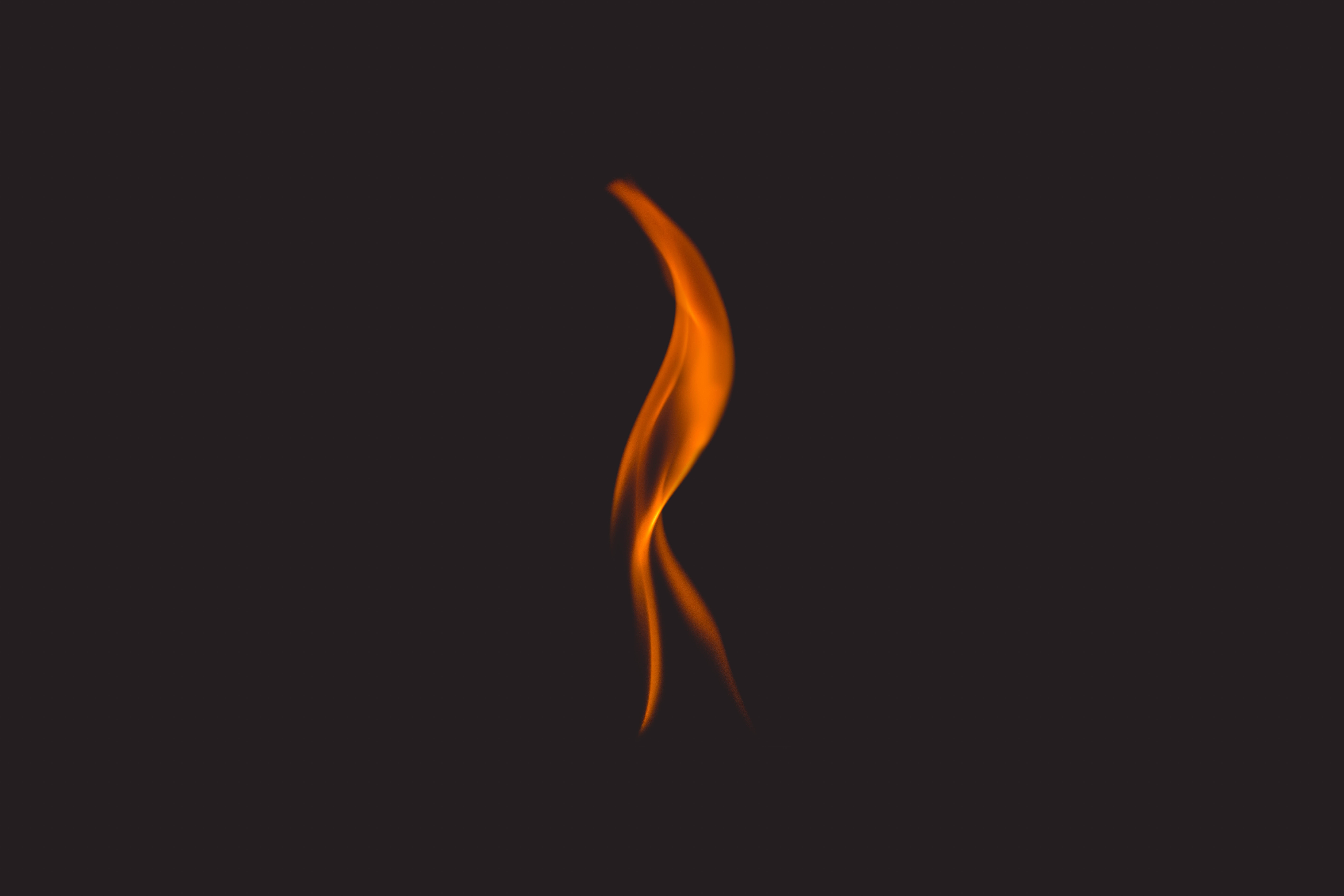"There are some gems among the 75 Best Book Covers of 2018."
Tag: Books
Robicheaux by James Lee Burke
It's absorbing, it sometimes makes you flinch, and it's always about the bottom feeders and sharks of the dark underbelly of the American aquarium, and it always makes for fun reading.
Atomic Poetry
On 1-Jun-1945, six weeks after the death of Franklin Roosevelt, new U.S. President Harry Truman convened a meeting to update the status on and debate the use of the soon-to-be-born atomic bomb. But first, at the Pentagon, a group consisting of James Byrnes (soon to be Secretary of State), generals George C. Marshall and Leslie...
History as Prophecy
I have been attempting to read «Michael Burleigh's The Third Reich: A New History» since it came out in 2000. Instead, I've read «William Shirer's The Rise and Fall of the Third Reich» twice. Nothing wrong with anything I've read of Burleigh's work; quite the contrary. In fact, it has to do with how big the book is; the first edition is 950-plus pages and weighs a ton and I've had hand/wrist problems since, well, 2000. And I have Rise and Fall on Kindle.
Deadly Turbulence
It’s release day!




